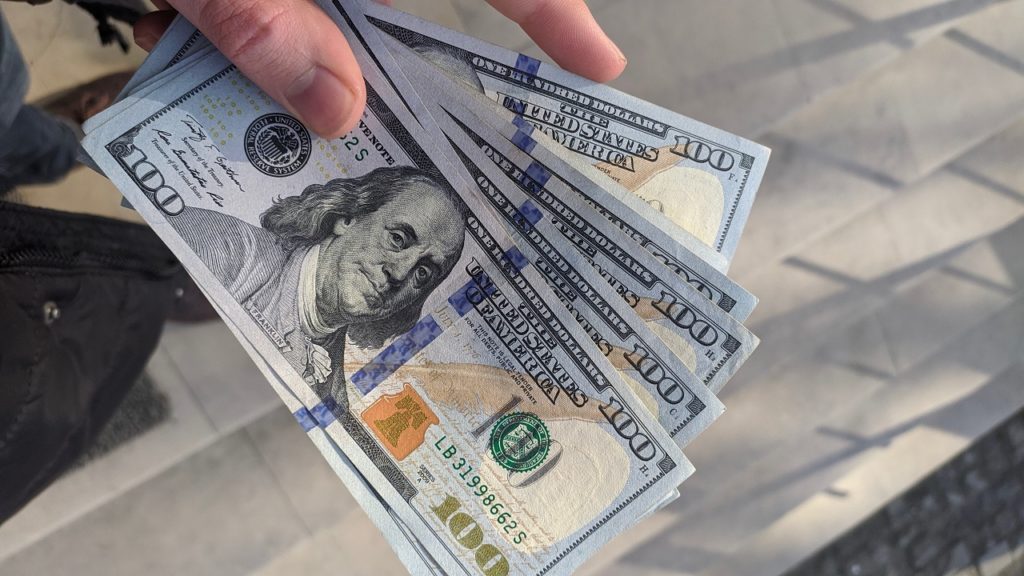The coronavirus pandemic has brought with it uncertainty. The only way to assess the true potential economic impact of the virus involves not just focusing on its epidemiological profile but also evaluating the way governments, businesses, and consumers respond to it.
According to data from the US Bureau of Labor Statistics, the unemployment rate in the country has surged to an all-time high. More than 30 million people have filed for unemployment benefits in just six weeks.
The US Congress recently passed the CARES Act. This $2 trillion coronavirus relief fund is one of several countermeasures put in place to provide fast and direct financial relief to the millions of American families and businesses affected by the COVID-19 pandemic. Here’s everything you need to know about what the CARES Act is and what it covers.
CoronaVirus Relief for Workers and Their Families
The Coronavirus Aid, Relief and Economic Security Act, or CARES Act, for short, provides financial relief to American households through the Economic Impact Payments program.

Each adult whose income was less than $99,000 will receive up to $1,200 in addition to $500 for every child they have under the age of 17. A household of four, for instance, would get $3,400 in relief funds. For the vast majority of taxpayers, no action is required on their part. The IRS will automatically calculate the amount due and send the economic impact payment directly to the account listed in their filed returns. However, for those who would much rather receive their payments through their bank account as opposed to checks in the mail, the US Treasury has a web-based portal through which you can provide your banking details.
Small Business Assistance Through the Paycheck Protection Program
The CARES Act also offers financial relief to small businesses. It provides them with the resources they require to cover overheads like rent and utilities and hire back employees who may have been laid off as a result of the COVID-19 pandemic. It offers them financial assistance to allow them to maintain their payroll at their staff’s current pay rate. The Paycheck Protection Program, or PPP for short, is implemented by the Small Business Administration (SBA). It is charged with disbursing SBA loans worth up to $349 billion, to go towards job retention and overhead expenses.
Funds expressly used for this purpose during the eight-week loan period will be forgiven, which means that small business owners won’t have to worry about paying it back. It gives small businesses and their employees the chance to find alternative methods of generating revenue to pivot the business until the existing crisis ends.
Small businesses can receive SBA loans worth up to two and a half times their average monthly payroll costs for the 12 months leading up to the crisis. This doesn’t include independent contractors since they are eligible to apply for the loans on their own.
Sole proprietors or self-employed individuals, who don’t have payroll expenses in the same way that other small businesses do, are still eligible for the loan. The amount will be calculated based on their payroll costs for the preceding 12-month period as well.

Interest payments will be deferred for six months, and the full amount will be due in two years from the date of origination. There will be no penalties for prepaying.
Current PPP Status
Business owners will need to complete the PPP loan application form, attach all the required documentation, and submit them to an approved lender by June 30, 2020. The earlier you apply, the better since there is a funding cap, and lenders also need time to process the loan.
Economic Injury Disaster Loans
Businesses that are currently experiencing a loss of revenue can get temporary economic relief through the SBA disaster loan. Small business owners in the US can apply for a loan advance of up to $10,000. This amount won’t have to be repaid.

So if you’re a small business owner with less than 500 employees, a self-employed person, a sole proprietor, an independent contractor, a veteran organization, or a non-profit organization that has been directly impacted by the COVID-19 situation, you are eligible to apply for an SBA disaster loan.
Businesses in specific industries that have more than 500 employees may also be eligible if they meet the SBA’s size standards. If your business is approved for a loan, the amount will be disbursed within a few days.
Job Preservation for American Workers
The implementation of the CARES Act allows the US Treasury Department to take unprecedented steps to ensure that the jobs in industries adversely affected by the coronavirus pandemic are preserved. Some of these steps include:
- Employee Retention Credit – Employers that face closure orders are given a 50% credit of wages paid between March 13, 2020, and December 31, 2020, as an incentive to keep them on the payroll.
- Payroll Tax Deferral – Employers and self-employed individuals can now defer the employer share of their Social Security tax to pay it off over the next two years.
- Payroll Support – Eligible businesses can apply for payroll support to enable the continued payment of employee salaries, wages, and benefits.
- Loan Program – Eligible businesses can apply for loans to provide liquidity and cushion against losses incurred as a result of the COVID-19 crisis.
Assistance for State, Local, and Tribal Governments
The CARES Act also established the Coronavirus Relief Fund worth $150 billion to provide payments to the state, local, and tribal governments to help them navigate the adverse effects of the pandemic. The payments are to towards:
- Necessary expenditures incurred as a result of the public health emergency response due to the COVID-19
- Expenses that were not accounted for in the approved budget for state and local government as at the date of the enactment of the Act
- Expenses incurred as a result of the pandemic between March 1, 2020, and December 30, 2020
Giving America Hope for Better Days
The CARES Act has lots of provisions designed to help businesses and their employees stay afloat during the coronavirus pandemic. Its ultimate goal is to allow people to keep their jobs and flatten the nationwide unemployment curve as the country rallies to mitigate the effects of COVID-19.
If you’re a business owner, employee, sole-proprietor, self-employed person, or independent contractor who needs help accessing coronavirus relief funds, chat online with a Laws101.com attorney. You’ll be instantly connected to a lawyer who can give you guidance on how to go about it.
